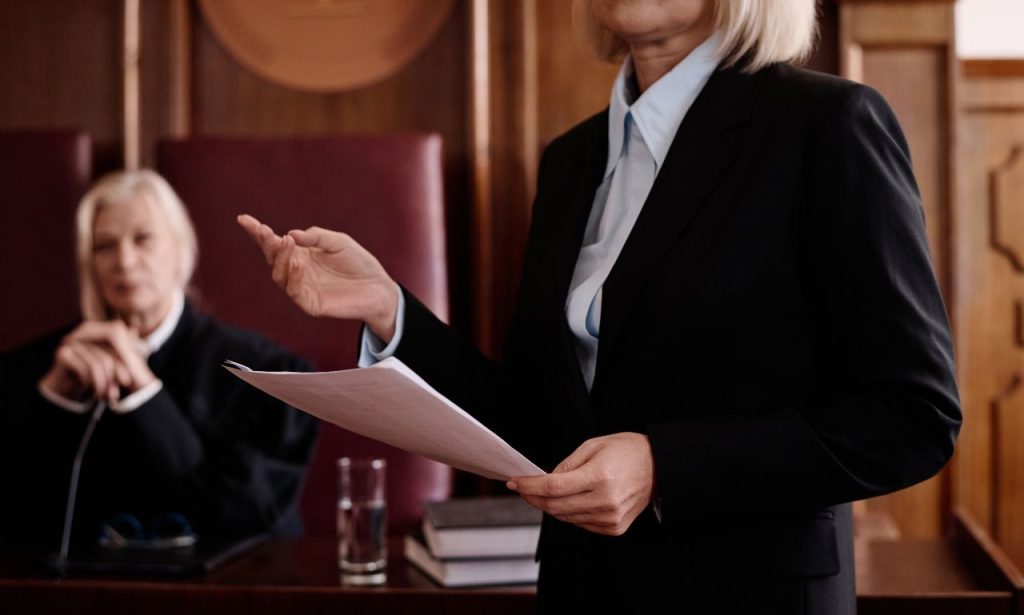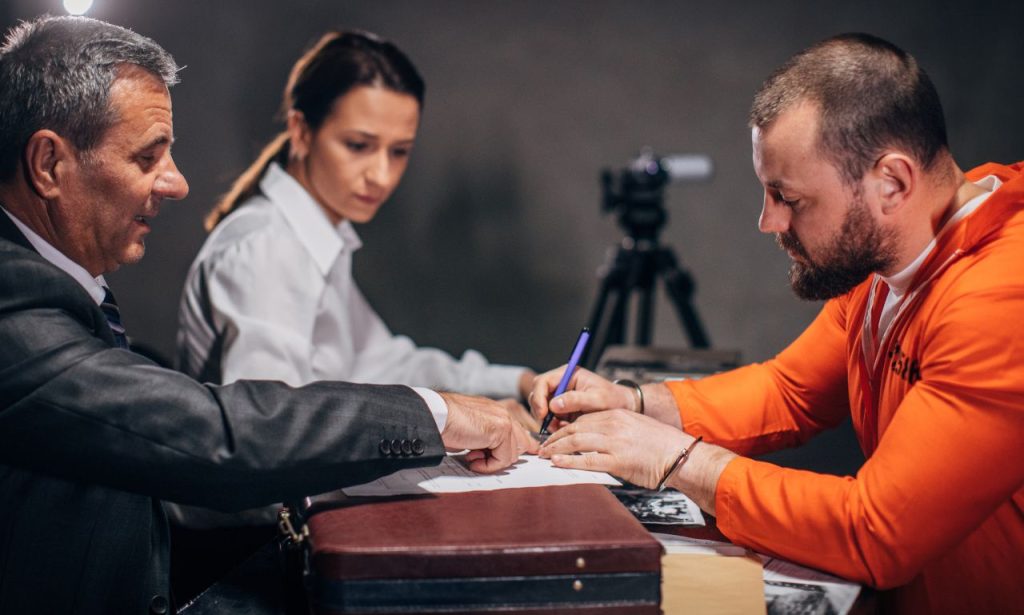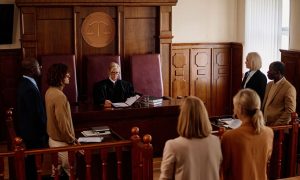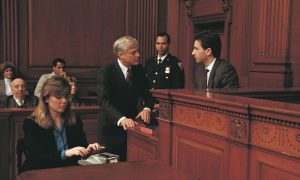Facing criminal charges can feel overwhelming. A skilled advocate can guide you through every twist of the legal journey. In this article, we’ll discuss what criminal defense lawyers do, how they build strong cases, and why their role matters for justice.
Understanding the Responsibilities of a Criminal Defense Lawyer
Legal Representation and Advocacy
Criminal defense lawyers serve as voices for the accused, ensuring every client’s rights are protected. They study applicable laws, shed light on evidentiary gaps, and press for fair treatment. Their advocacy often begins at the first consultation, shaping strategy from day one.
Investigation and Evidence Analysis
A firm grasp of facts is essential for success in criminal defense. Attorneys collaborate with investigators to collect police reports, forensic data, and witness statements. They scrutinize every detail, from the chain of custody for DNA to the credibility of eyewitness testimony.
Diving Deep into Evidence
When evidence seems stacked against a client, defense lawyers question assumptions. They might hire experts to reexamine forensic findings or obtain alternative witness accounts. These steps can unearth exculpatory evidence that changes case trajectories.
Pretrial and Courtroom Activities

Before trial, defense counsel drafts motions, challenges improper searches, and negotiates plea deals. They prepare opening statements, craft objections, and coach clients on courtroom decorum. Their presence balances prosecutorial power at every stage.
The Art of Pretrial Motion Practice
Filing motions to suppress unlawfully obtained evidence can make or break a case. Lawyers argue Fourth and Fifth Amendment violations to exclude damaging proof. Winning these battles reduces the state’s leverage and strengthens defense positions.
Client Support and Communication
Beyond legal strategy, defense attorneys guide clients emotionally through the stress and uncertainty of the process. Regular updates, clear explanations, and honest assessments build trust. A strong attorney-client relationship fosters informed decisions throughout proceedings.
Upholding Legal and Ethical Standards
Defense lawyers often face dilemmas, such as conflicts of interest or the need to disclose confidential information. They must uphold attorney-client privilege while following court rules. Ethical codes from the ABA Defense Function Standards guide conduct.
Balancing Zealous Advocacy with Integrity
Vigorous representation shouldn’t cross ethical lines. Counsel must avoid knowingly presenting false evidence or misleading the court. Maintaining integrity preserves public confidence in the justice system.
Maintaining Integrity in the Justice System
By guarding procedural safeguards, criminal defense lawyers protect broader societal interests. They prevent wrongful convictions, expose police misconduct, and champion due process. Their efforts underpin judicial fairness and community trust.
Trial Preparations and Defense Presentation
Developing Effective Trial Strategies
Constructing a persuasive narrative is central to trial success. Lawyers craft themes, anticipate prosecutor arguments, and prepare clients for cross-examination. They collaborate with investigators, experts, and jury consultants to fine-tune presentations.
Crafting Compelling Opening Statements
Opening statements set the tone for jurors. A well-written opening weaves facts into a human story, emphasizing reasonable doubt. Humor or cultural references can humanize clients, making them more receptive to jurors.
Confronting Prosecution Cases
During the trial, attorneys cross-examine witnesses, challenge the authenticity of evidence, and present alternative theories to support their case. They introduce character witnesses, forensic experts, or alibi evidence to undermine the state’s narrative.
The Power of Cross-Examination
Effective cross-examination unsettles unreliable witnesses and exposes contradictions. A single well-placed question about timelines or motives can shift juror perceptions. Defense counsel must remain poised under pressure.
Post-Conviction Relief and Appeals
Even after an unfavorable verdict, defense lawyers pursue post-conviction remedies. They file appeals, challenge jury instructions, or seek habeas corpus relief. These steps address trial errors, new evidence, or constitutional violations.
The Appeal Process Explained
Appeals focus on legal errors, not factual disputes. Lawyers draft briefs citing case law, argue before appellate panels, and advocate for retrials or sentence reductions. Success on appeal demands precision and persuasive legal writing.
Challenges Faced by Criminal Defense Lawyers

Heavy caseloads, limited resources, and emotional toll characterize criminal defense work. Public defenders juggle high volumes of cases, while private attorneys must manage billing pressures. Both roles require resilience and ongoing professional development.
Managing Burnout and Stress
Long hours, courtroom drama, and client crises can lead to burnout. Lawyers practice self-care, peer support, and mindfulness techniques to sustain well-being. Firms are increasingly offering wellness programs to retain top talent.
Professional Growth and Specialization
Criminal defense law encompasses a wide range of fields, from white-collar fraud to drug offenses. Attorneys deepen their expertise through continuing legal education, bar association events, and specialized certifications. Mastery of emerging forensic technologies enhances defense capabilities.
Choosing a Niche Practice Area
Focusing on appellate work, juvenile defense, or civil rights litigation can significantly enhance a professional’s reputation. Specialized attorneys command higher fees and navigate complex statutes more adeptly. Networking with experts in related fields expands referral networks.
Conclusion
A criminal defense lawyer does much more than argue in court. They investigate facts, protect constitutional rights, and guide clients through the legal maze. Their ethical advocacy safeguards the justice system and fosters public trust. Whether at trial or on appeal, these attorneys stand as vital defenders of due process.
ALSO READ: What are the Important Steps After False Allegations of Molestation?
FAQs
They conduct an initial consultation, review evidence, and outline potential defenses.
Private lawyers set hourly rates or flat fees. Public defenders receive government salaries.
Yes. By filing motions to suppress illegally obtained evidence, they can prevent it from being used at trial.
Attorneys must earn a law degree, pass the bar exam, and often undergo specialized training in criminal law.
As soon as you face arrest or investigation. Early action helps preserve evidence and build strategy.




